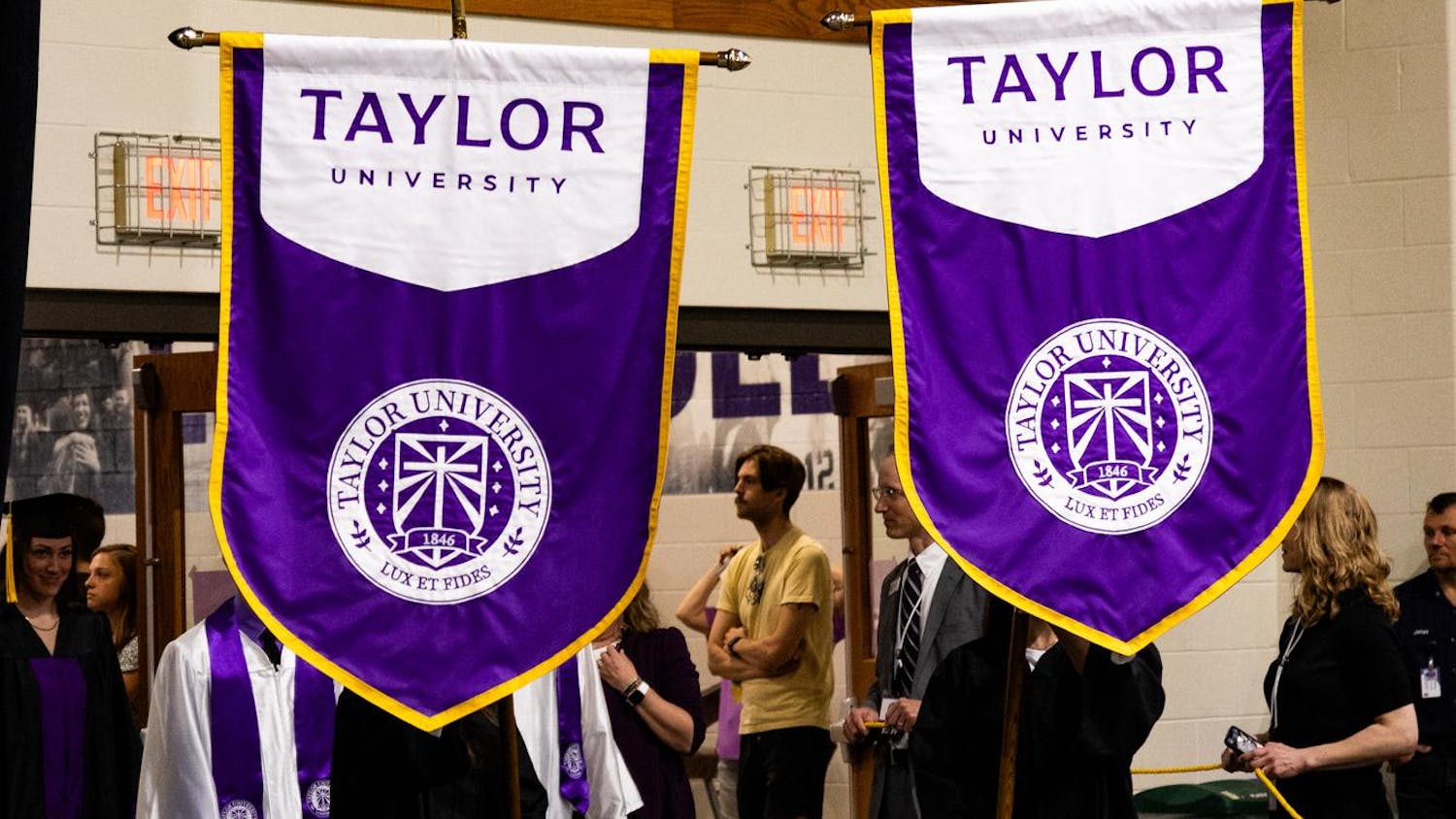By Rayce Patterson | Echo
It's the time of year when students put professors to the test. Students receive course evaluations via email at the end of every term as a chance to share their thoughts on their courses and professors.
Some students take the opportunity seriously. Junior Isaac Beaverson values the course evaluations because he believes his professors pay attention to the responses and respect students' inputs.
"I like to set aside some time to actually think through the questions and give thoughtful responses because I think it's important for the professors to get feedback and not just quick thoughts," Beaverson said.
Course evaluations are optional for students, so professors sometimes offer incentives to get more feedback. Jeff Cramer, professor of computer science, believes that by not offering incentives, students who did or didn't like the class can skew data in the evaluations.
"I think the more that (students) do it, the better; it gets rid of the outliers," Cramer said.
Cramer says course evaluations are helpful because they could indicate to professors something they didn't know about their course or teaching style. At the bottom of each evaluation is a comment box where students can say whatever they want about the professor and the course. This box can be used to state positives about the professor, but it can also pave the way for negative comments to emerge. Cramer said he's received comments like "This course is a waste of time," and he thinks those are not helpful at all. In fact, those comments make him and other professors not want to look at their evaluation results.
Zack Carter, assistant professor of communication, believes these negative comments are brought on by the hypercriticism that exists in our world, courtesy of social media. This hypercriticism can go as far as to personally attack professors.
"I'm all for honesty and transparency in these evaluations," Carter said. "I want to hear how I can improve, but I don't want to hear that I'm an awful person . . . there's a way in which to communicate constructive criticism."
Cramer knows professors who hesitate to read their evaluations because it is not easy to have someone tear them apart. JoAnn Rediger, professor of music, waits a few days after receiving evaluations to read them so she is prepared for negative comments. Freshman Desiree Ridgeley, a teacher's aide for the Christian ministries department, goes through the data from evaluations before giving it to professors.
Junior John Gemmel thinks course evaluations isolate both the teacher and the student and because of that isolation, students are more likely to say something negative on the evaluation than they would in person.
"Some students, I think, just rail on professors because they get a bad grade or something . . . so it's more difficult to understand the critiques a professor gets because sometimes it can be the student lashing out in anger," Gemmel said.
Gemmel believes an open dialogue between the professor and students would produce more honest and respectful feedback. Carter thinks the qualitative information course evaluations provide are invaluable, but they might need to be updated to have a comment box with a word limit or possibly take away the anonymity. Doing away with anonymity might cultivate more respectful responses, but that isn't always guaranteed. Regardless, students and professors both desire to feel safe while accessing course evaluations.



